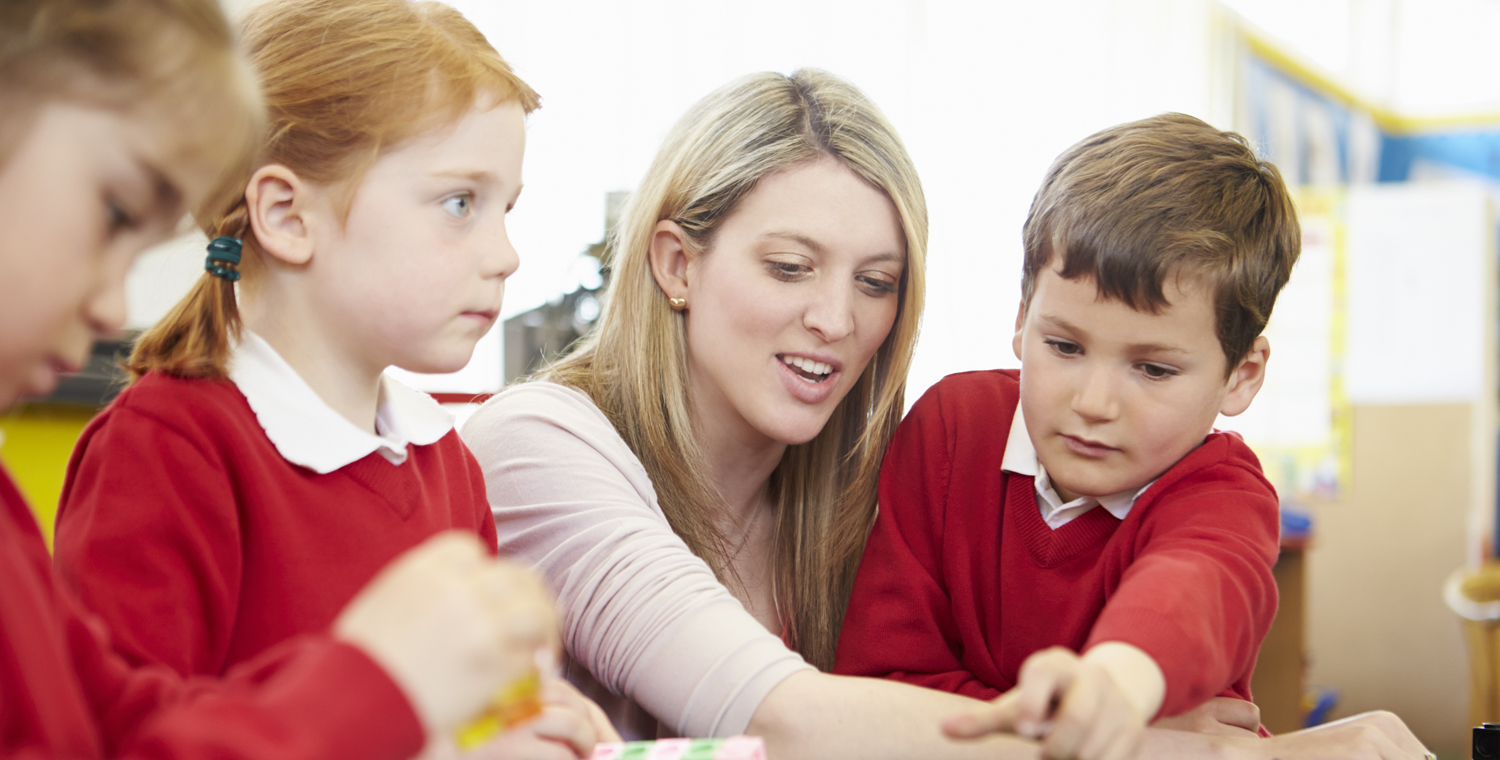Children are exposed to news in many ways, and what they see can worry them. Our advice can help you have a conversation with your child:
- listen carefully to a child’s fears and worries
- offer reassurance and comfort
- avoid complicated and worrying explanations that could be frightening and confusing
- help them find advice and support to understand distressing events and feelings
- children can always contact Childline free and confidentially on the phone and online.
Hearing about attacks or bombings like the ones in London and Manchester, can make you anxious or scared. You might feel unsafe and if there are a lot of things in the news about the attacks, it can feel like the threat is massive. But it’s important to remember that in reality, terrorist attacks are very rare.
Keeping you safe – what’s happening?
- The police have made sure there are more officers in towns and public places like train stations.
- Airports have strict security checks and more security staff.
- Local communities are trying to teach people about world issues and safety.
- Public spaces like concerts, football matches and events have strict security.
- The government and police have specially trained workers who are always finding new ways to protect the UK.
It’s also important to address bullying and abuse following the terrorist attacks.
- Some children may feel targeted because of their faith or appearance
Look for signs of bullying, and make sure that they know they can talk with you about it. Often children might feel scared or embarrassed, so reassure them it’s not their fault that this is happening, and that they can always talk to you or another adult they trust. Alert your child’s school so that they can be aware of the issue. - Dealing with offensive or unkind comments about a child’s faith or background
If you think this is happening, it’s important to intervene. Calmly explain that comments like this are not acceptable. Your child should also understand that someone’s beliefs do not make them a terrorist. Explain that most people are as scared and hurt by the attacks as your child is. You could ask them how they think the other child felt, or ask them how they felt when someone said something unkind to them. Explain what you will do next, such as telling your child’s school, and what you expect them to do.
Click for more information by the NSPCC


